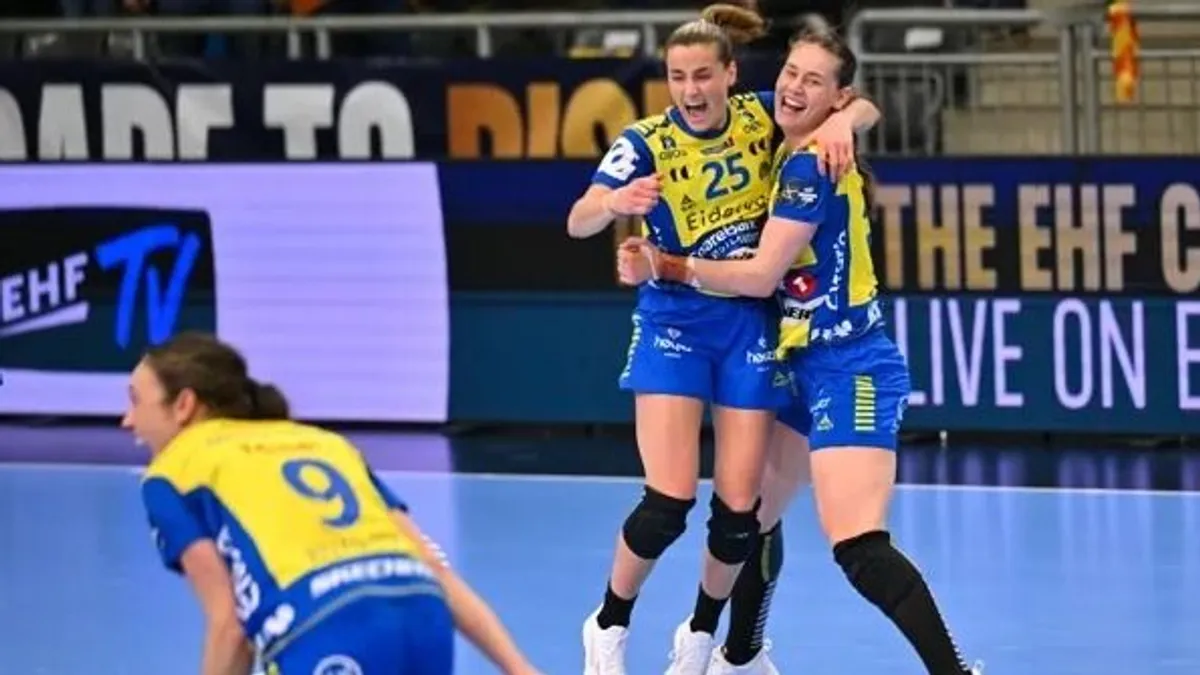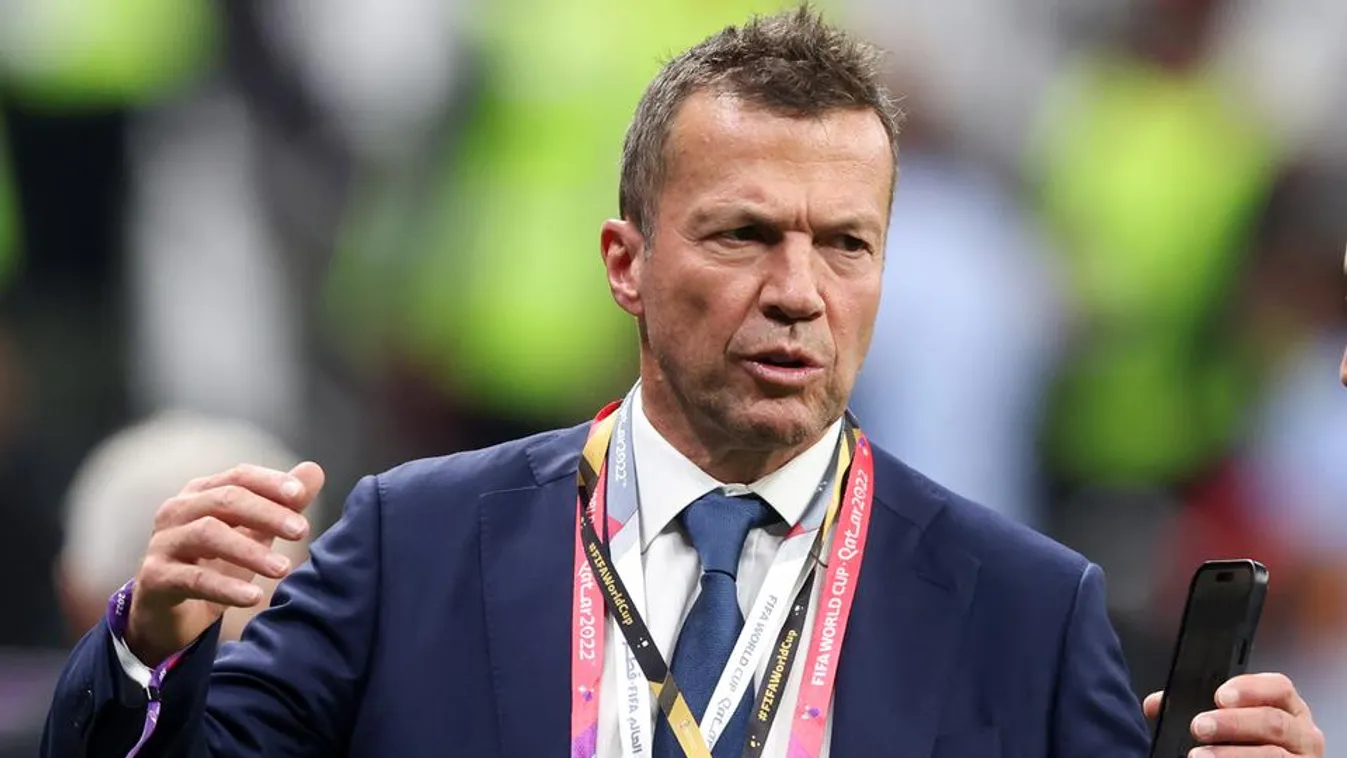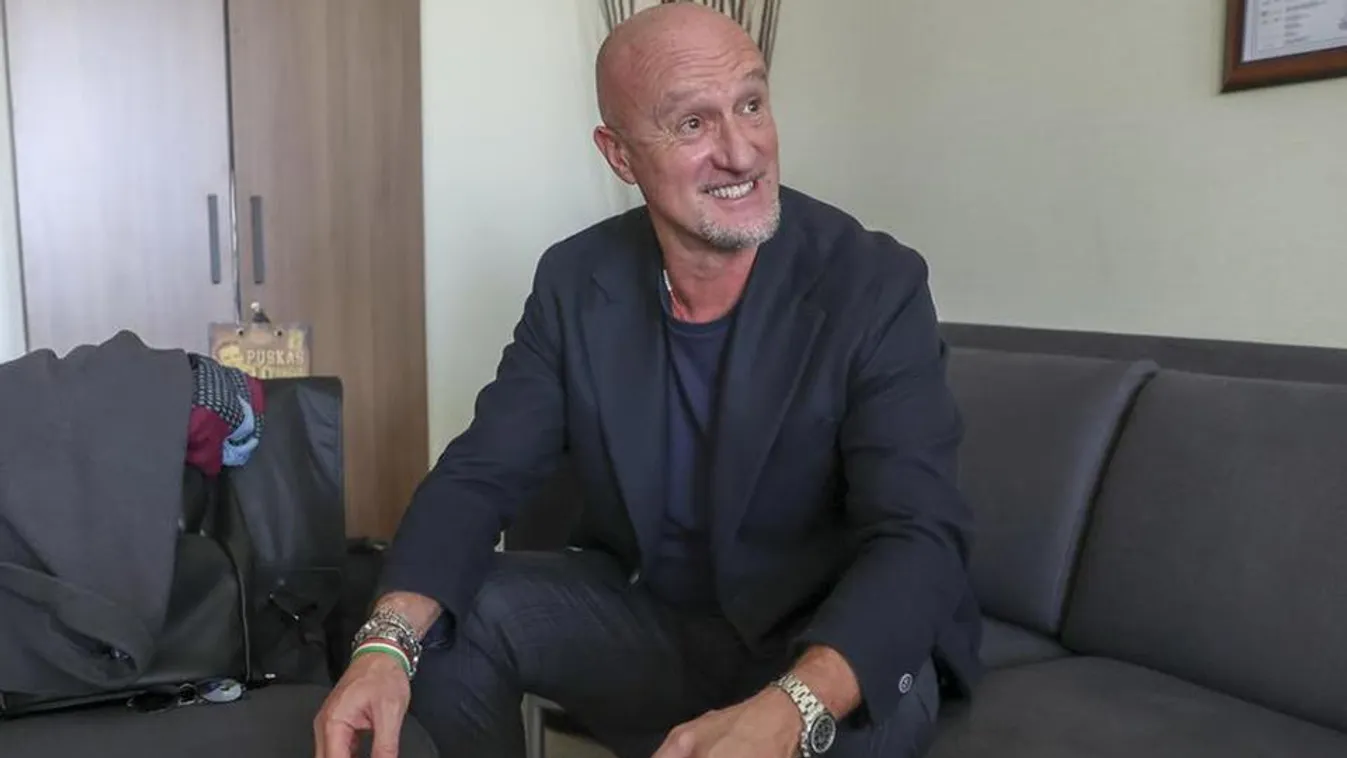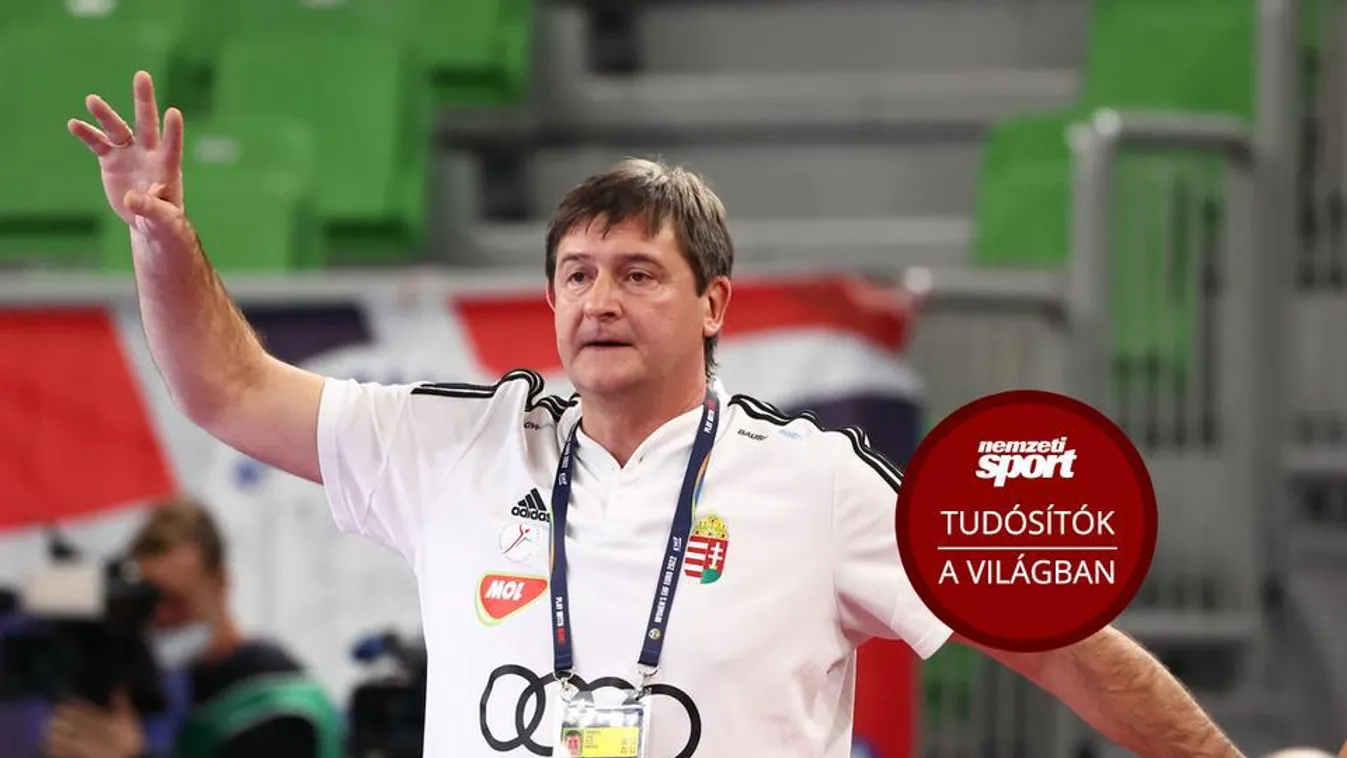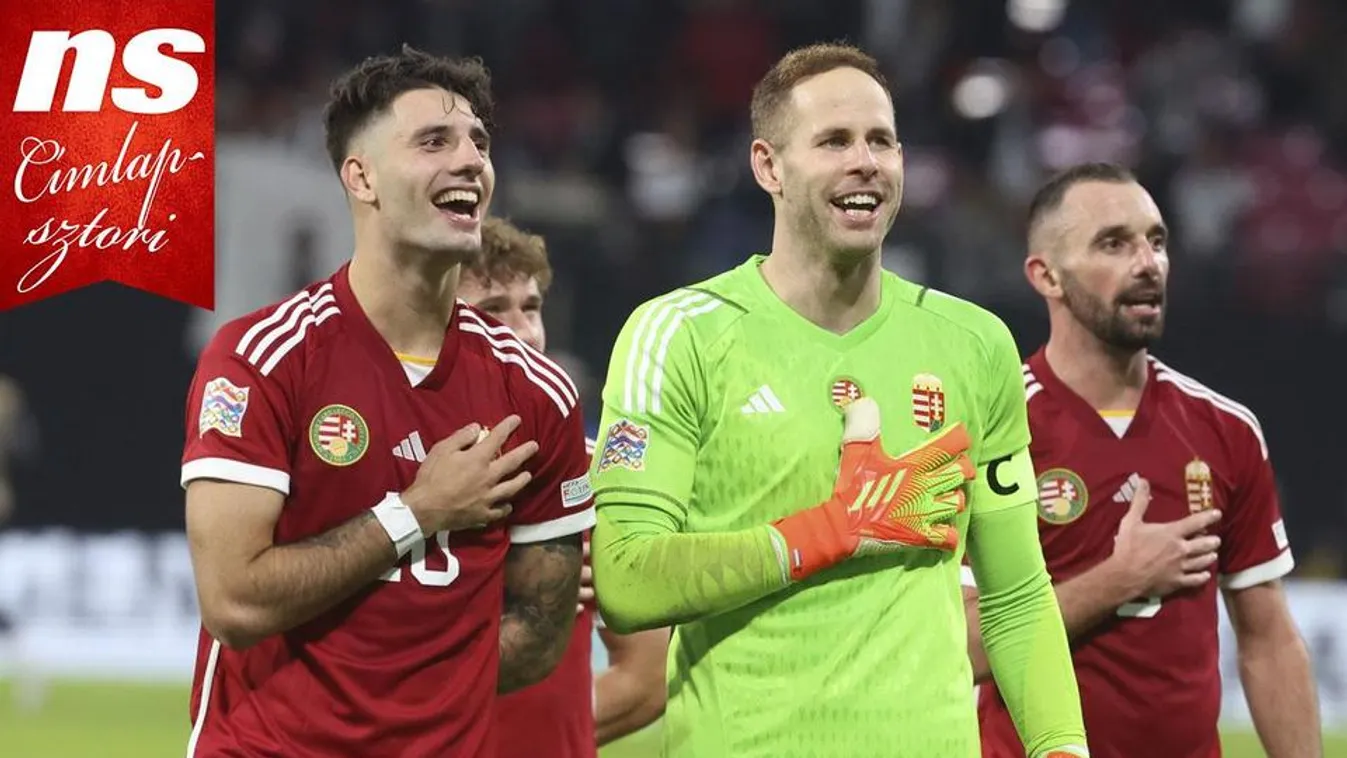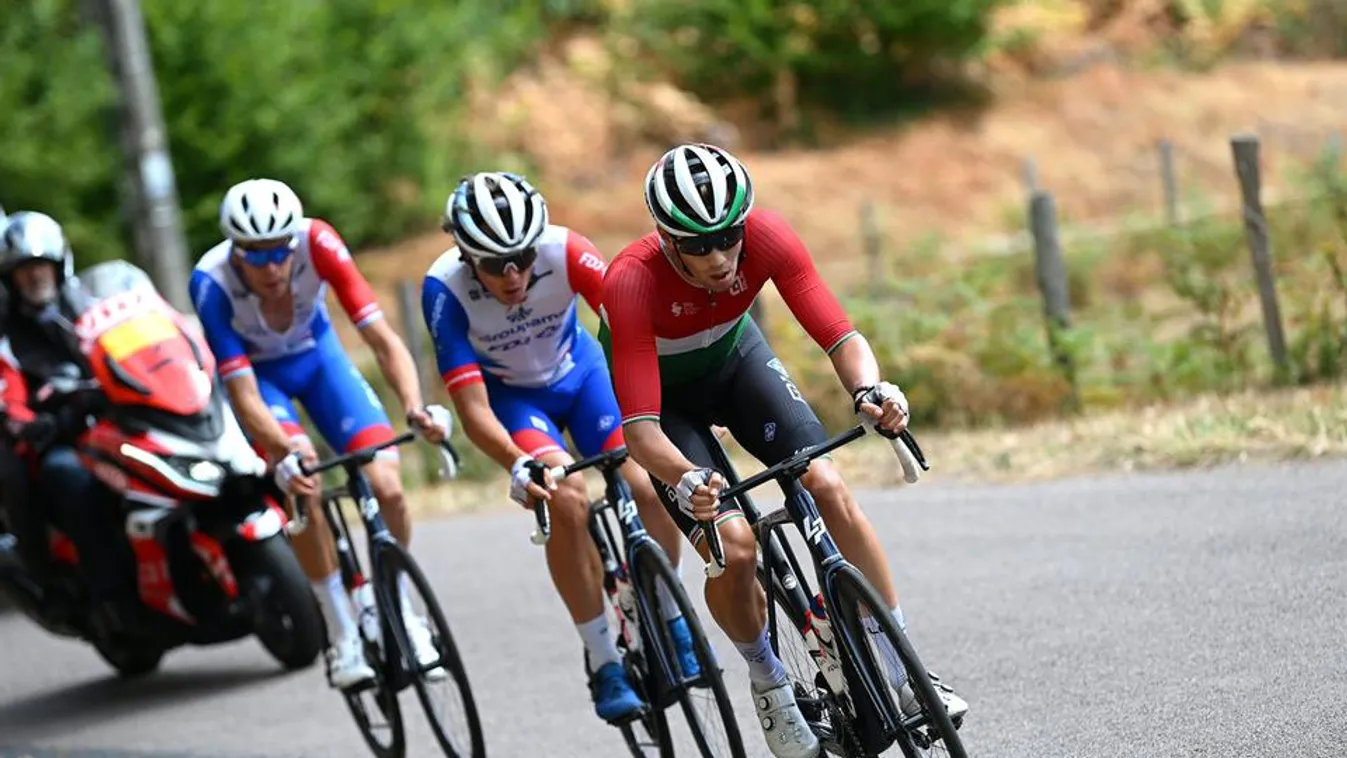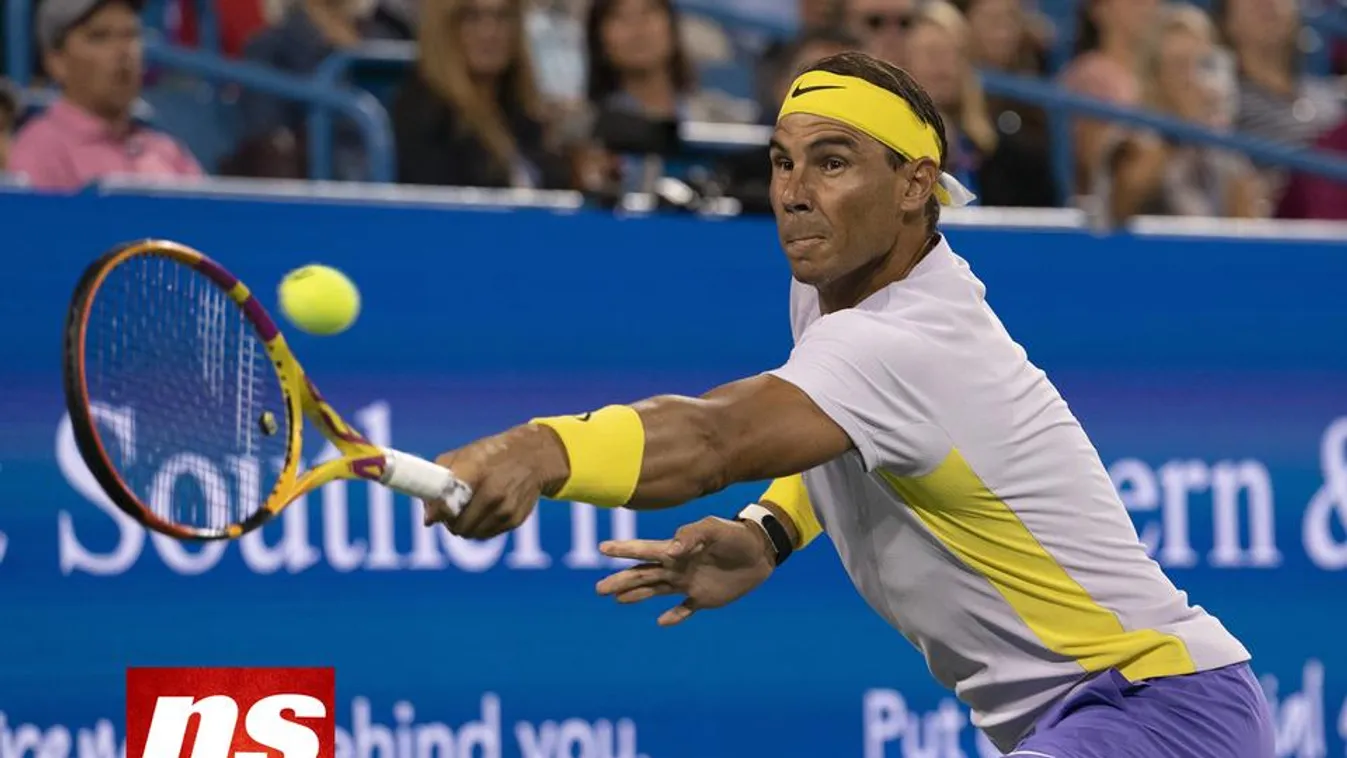Monetization of the Olympic success – that's how much the medals are worth
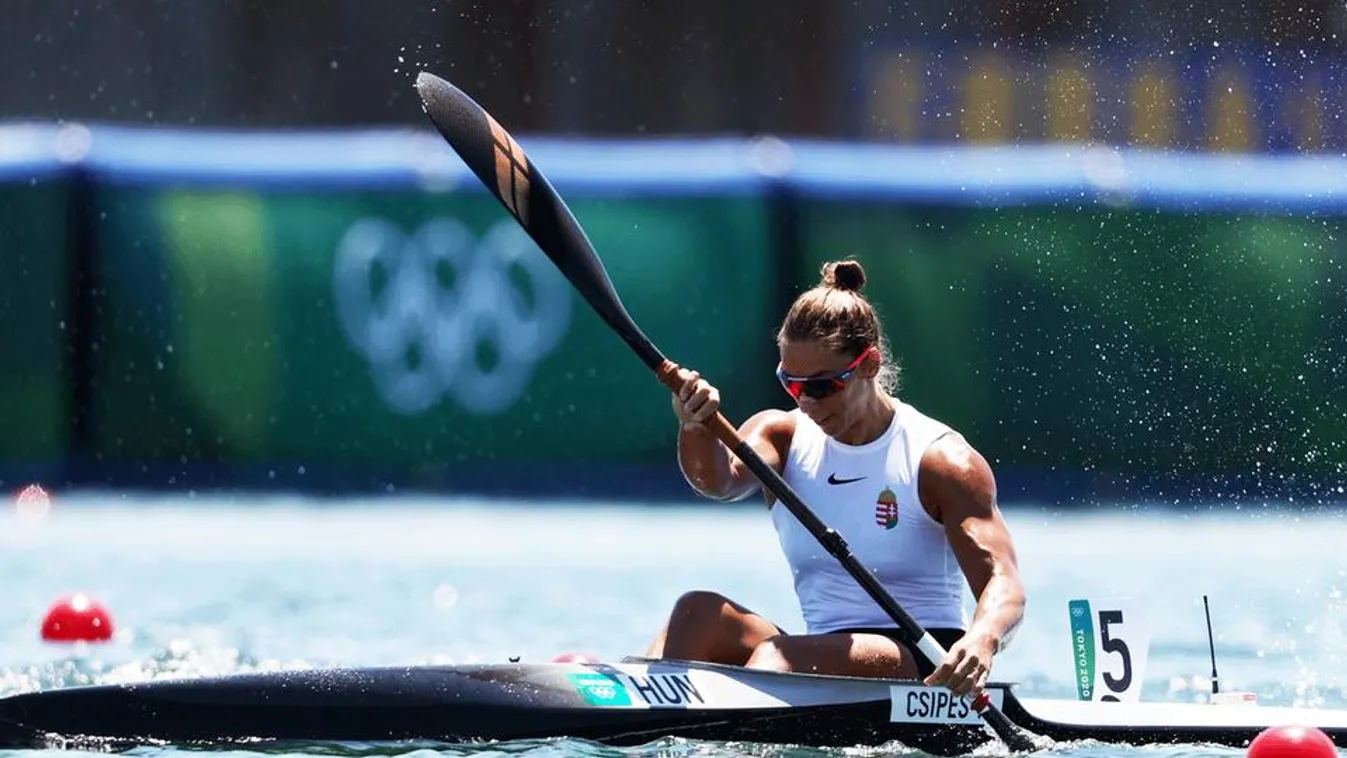
From the Hungarian point of view, one of the most successful Olympics of recent decades has come to an end. The Hungarian athletes have won 20 medals – six golds, seven silvers, and seven bronzes – in Tokyo.
The Hungarian Olympic successes have never been paid higher than they are now. An Olympic gold is worth exactly 50 million forints (~141,789 EUR), a silver is worth 35.7 million forints (~101,238 EUR), and bronze is worth 28.5 million forints (~80,820EUR). In international comparison, there are the sixth-highest amounts. Also, even the Olympic eighth place was awarded, so the performance of the Hungarian team is worth a total of 2.39 billion forints (~6,777,528 EUR) in Hungary.
For comparison, this figure was 1.7 billion HUF (~4,820,836EUR) after the 2016 Rio Olympics.
There was always a kind of monetary reward for Olympic success, but these increased substantially after the regime change. After the 1992 Barcelona Games, a gold medal was worth 1.5 million forints each, but four and eight years later, in Atlanta and Sydney, respectively, the prize was 6.5 million forints. After the turn of the millennium, the amount started to rise even further, jumping to 10 million forints for the 2004 Athens Games and 20 million forints for the 2008 Beijing Olympics.
The state rewards for Olympic victories in London and Rio de Janeiro were regulated by a government decree, which guaranteed benefits for athletes who finished in the top eight. Gold medalists received 35, silver medalists earned 25, and bronze medalists got 20 million forints, but a 2-million-forint prize was awarded to the eighth-place athletes as well. For example, three-time Olympic champion Katinka Hosszú earned 136.4 million HUF at the Summer Games five years ago.
Tamara Csipes, who won gold in the women's K-4 500 meters and silver in the K-1 500 meters, took home the most money this year. She also finished fourth in the K-2 500m event in the same boat with Erika Medveczky. This means a total of 107.2 million HUF for her. Hosszú, who competed in the Tokyo Olympics practically without a coach, still received 20 million forints thanks to her fifth and seventh place finishes.This means that it's no longer needed to win an Olympic medal to earn a nice sum. However, the system has become fairer because to win a scoring place or a finals appearance, the athlete has the same years of amazing work, energy, and resignation, which the system rightly remunerates.
The perceived or real disproportion has occurred for a long time in the successes achieved as a team because the members of a doubles event, an individual sport's team of 3-8-athletes, and team competitors earning a ranking were entitled to ninety percent, eighty percent and seventy percent of the total amount, respectively. But that has also changed now. With the women's and men's water polo teams winning bronze at the Tokyo Olympics, as well as the women's handball team finishing seventh, they all receive full remuneration.
| 1st place: 50 000 000 Ft |
| 2nd place: 35 700 000 |
| 3rd place: 28 500 000 |
| 4th place: 21 500 000 |
| 5th place: 14 300 000 |
| 6th place: 11 400 000 |
| 7th place: 5 700 000 |
| 8th place: 2 800 000 |
But it's not only this special support why the construction of a sports career in Hungary now offers a serious perspective, but also the institution of the Olympic life annuity, which was introduced at the initiative of Olympic champion boxer György Gedó. He was in a bad financial situation at the time, so he spoke out for this reason, and the government has been paying the champions over 35 and their widow(er)s out since January 1, 1998.
The amount of the annuity is always adjusted to the average annual salary determined by the Hungarian Central Statistical Office, which means the amount is constantly increasing. Currently, it's 329,000 HUF, and silver and bronze medalists can take seventy and fifty percent of this per medal.
About 900 people enjoy the benefits of the system.
| LIST | SPORT | REWARD (million forint) |
| Tamara Csipes | canoe | 107.2 |
| Danuta Kozák | canoe | 100 |
| Kristóf Milák | swimming | 100 |
| Dóra Bodonyi | canoe | 78.5 |
| Áron Szilágyi | fencing | 78.5 |
| Bálint Kopasz | canoe | 71.5 |
| Sándor Tótka | canoe | 55.7 |
| Anna Kárász | canoe | 50 |
| Tamás Lőrincz | wrestling | 50 |
| Zsombor Berecz | sailing | 35.7 |
| Viktor Lőrincz | wrestling | 35.7 |
| Kristóf Rasovszky | open water swimming | 35.7 |
| Gergely Siklós | fencing | 35.7 |
| Ádám Varga | canoe | 35.7 |
| Gábor Hárspataki | karate | 28.5 |
| Tamás Decsi | fencing | 28.5 |
| Csanád Gémesi | fencing | 28.5 |
| Sarolta Kovács | modern pentathlon | 28.5 |
| András Szatmári | fencing | 28.5 |
| Krisztián Tóth | judo | 28.5 |
| men's waterpolo team (13 people) | waterpolo | 28.5 |
| women's waterpolo team (13 people) | waterpolo | 28.5 |
| Kolos Csizmadia | canoe | 27.2 |
| Bence Nádás | canoe | 27.2 |
| Anna Márton | fencing | 24.3 |
| Boglárka Kapás | swimming | 21.5 |
| Tamás Kenderesi | swimming | 21.5 |
| Erika Medvezcky | canoe | 21.5 |
| Anna Olasz | open water swimming | 21.5 |
| Kata Blanka Vas | cycling | 21.5 |
| Dávid Verrasztó | swimming | 21.5 |
| Katinka Hosszú | swimming | 20 |
| István Péni | shooting | 20 |
| Nándor Németh | swimming | 17.1 |
| Virág Balla | canoe | 14.3 |
| Richárd Bohus | swimming | 14.3 |
| Iszmail Muszukajev | wrestling | 14.3 |
| Réka Pupp | judo | 14.3 |
| Omar Salim | taekwondo | 14.3 |
| Szebasztián Szabó | swimming | 14.3 |
| Alex Szőke | wrestling | 14.3 |
| Kincső Takács | canoe | 14.3 |
| Ádám Telegdy | swimming | 14.3 |
| Dóra Lucz | canoe | 11.4 |
| Ádám Marosi | modern pentathlon | 11.4 |
| Viktória Mihályvári-Farkas | swimming | 11.4 |
| Bence Bicsák | triathlon | 5.7 |
| László Cseh | swimming | 5.7 |
| Zsuzsanna Jakabos | swimming | 5.7 |
| Ajna Késely | swimming | 5.7 |
| Kata Kondricz | fencing | 5.7 |
| Fanni Kreiss | fencing | 5.7 |
| Eszter Mészáros | shooting | 5.7 |
| Aida Mohamed | fencing | 5.7 |
| Péter Nagy | weightlifting | 5.7 |
| Flóra Pásztor | fencing | 5.7 |
| Laura Veres | swimming | 5.7 |
| Evelyn Verrasztó | swimming | 5.7 |
| women's handball team (17 people) | handball | 5.7 |
| Katinka Battai Sugár | fencing | 2.8 |
| Renáta Katona | fencing | 2.8 |
| Liza Pusztai | fencing | 2.8 |
Translated by Vanda Orosz.
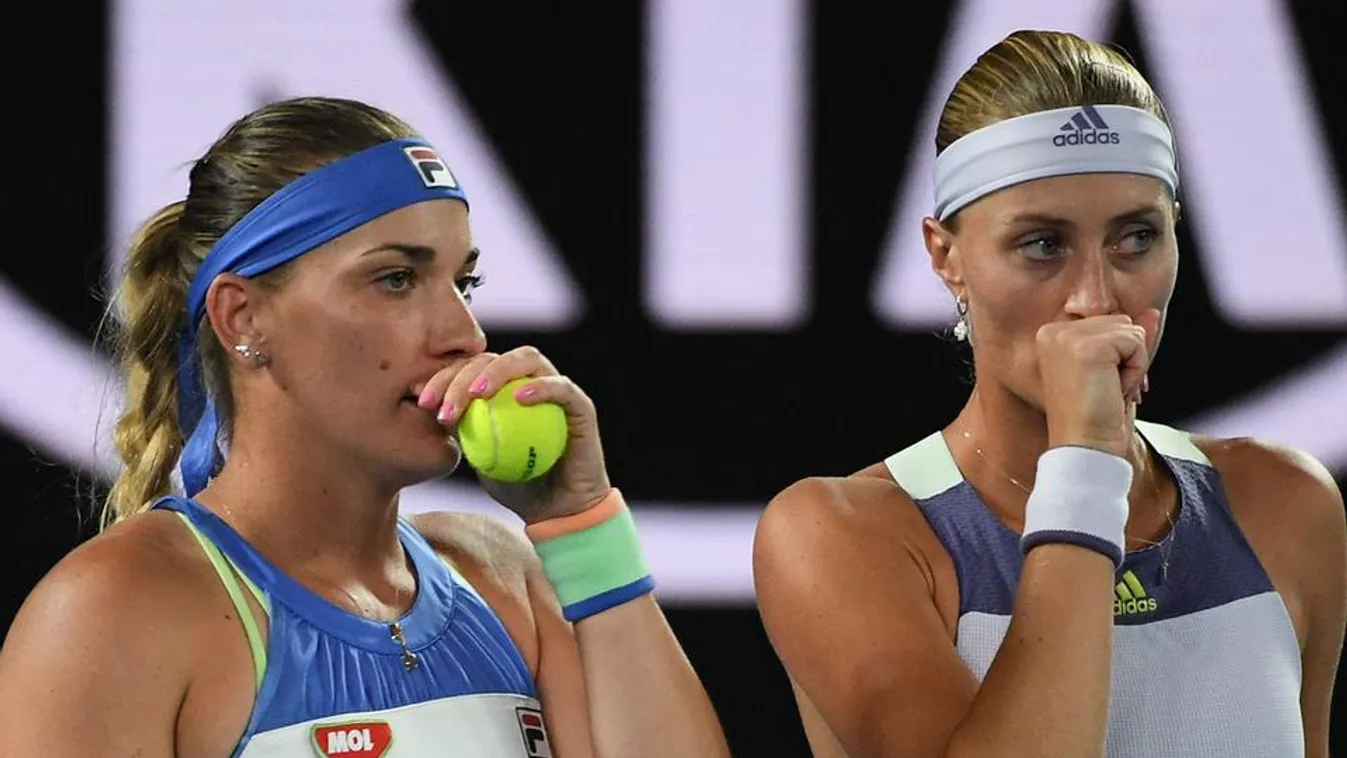
Tennis: Babos and Mladenovic to play together again
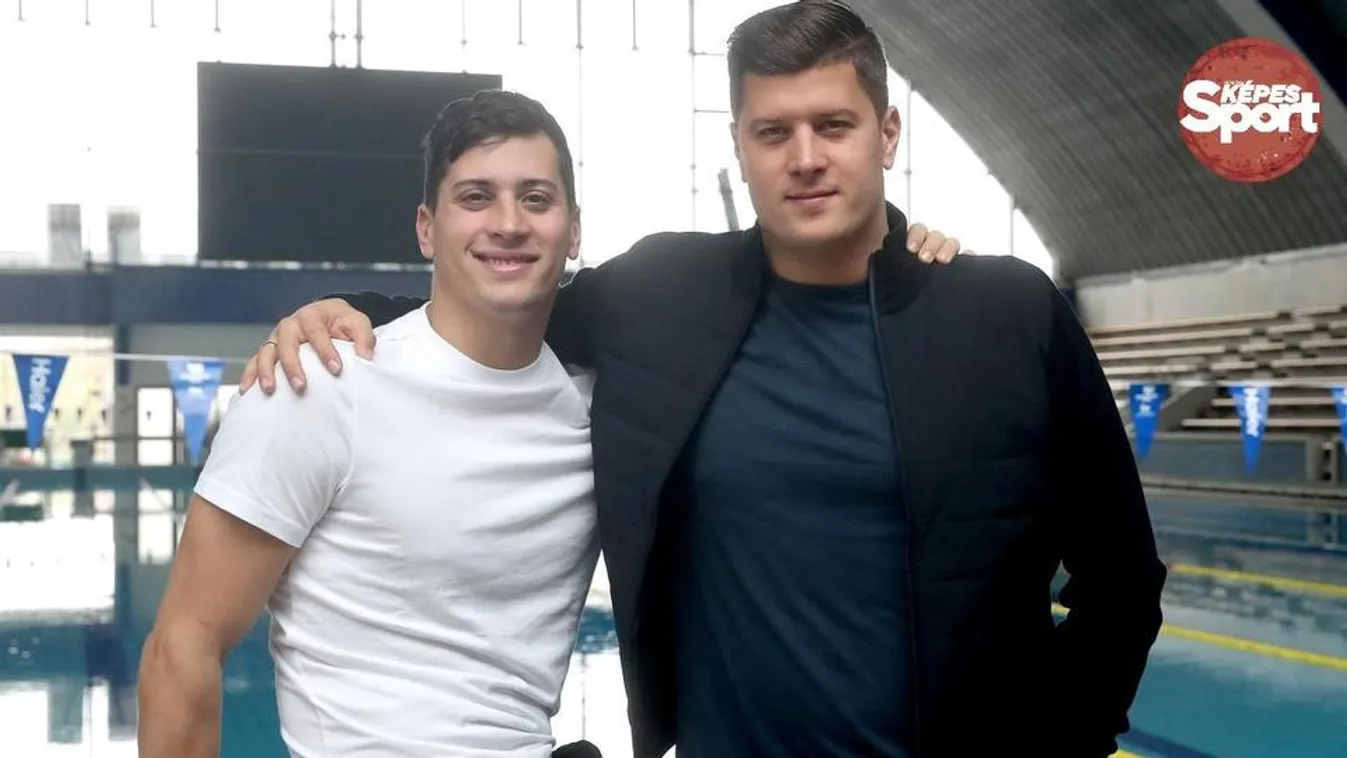
The Gyurta brothers swam together, not against each other
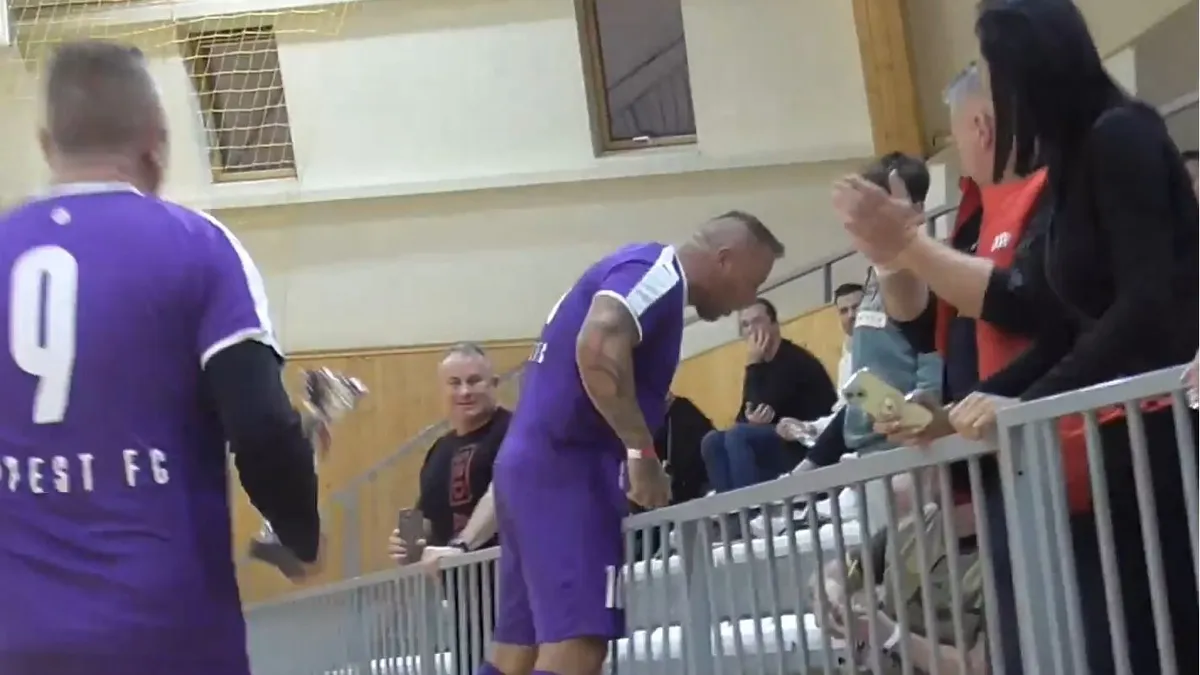
Curtis pofonvágta az őt gyalázó szurkolót a lelátón

Az MU egyszer találta el a kaput, de egy szerencsés góllal így is nyert

Ez nem hiányzott: Szoboszlai Dominik még egy világsztár miatt aggódhat!
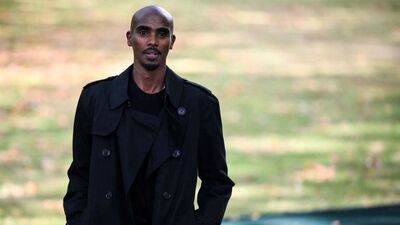
Milliárdokért árulja luxusotthonát az olimpiai bajnok
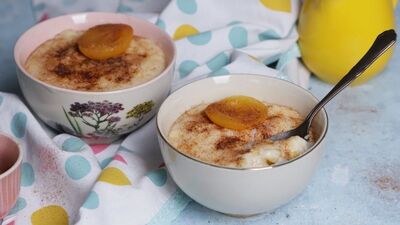
Villámgyors finomság – az 5 legjobb tejbegrízrecept
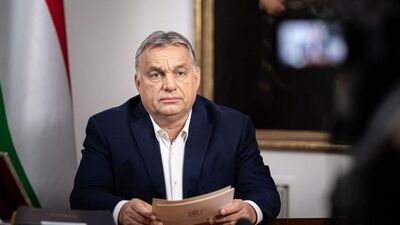
Orbán Viktor elutazik, ezen a helyen magyar kormányfő még nem járt
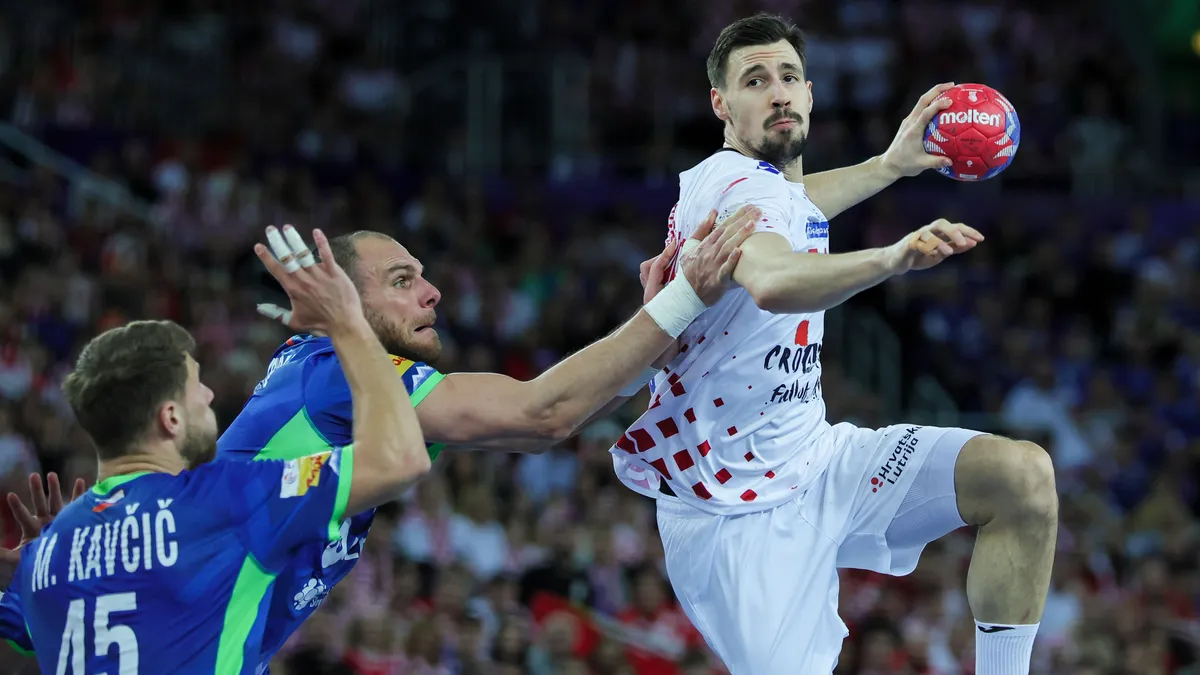
A szlovénokat legyőző Horvátország lesz a mieink negyeddöntős ellenfele kedden 18 órakor a kézi-vb-n
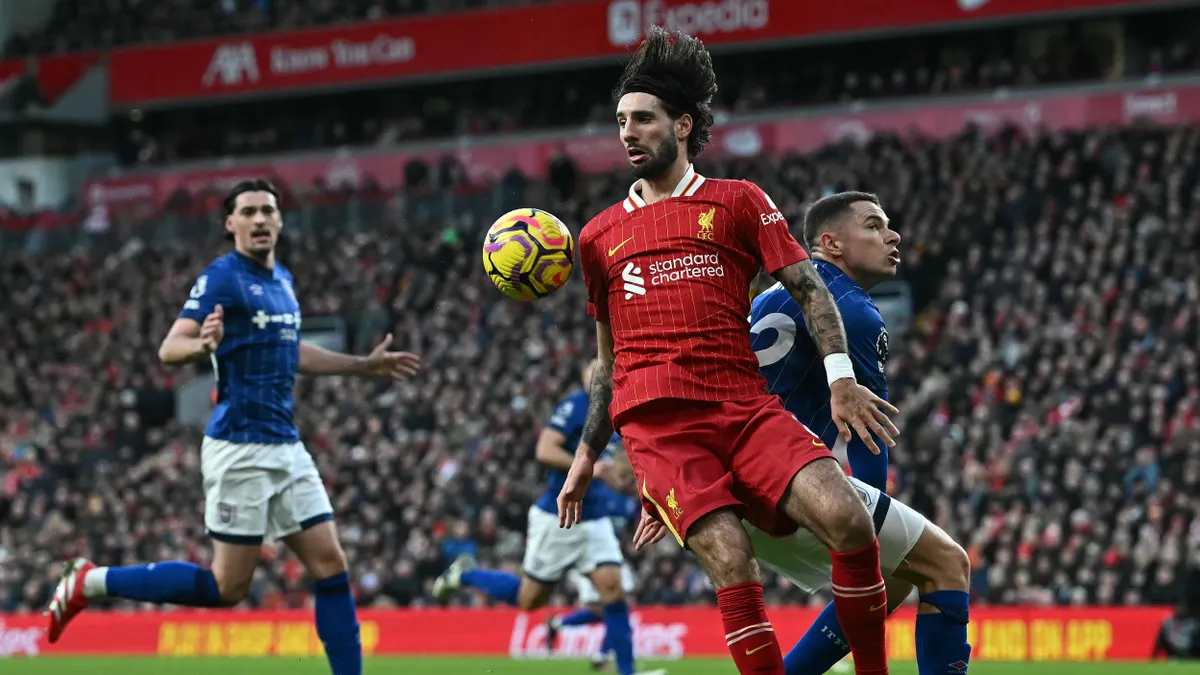
Szoboszlai szenzációs passzán ámul a világ - videó

A Chiefs újabb drámai meccsen nyert a Bills ellen – triplázás kapujában a Kansas City!
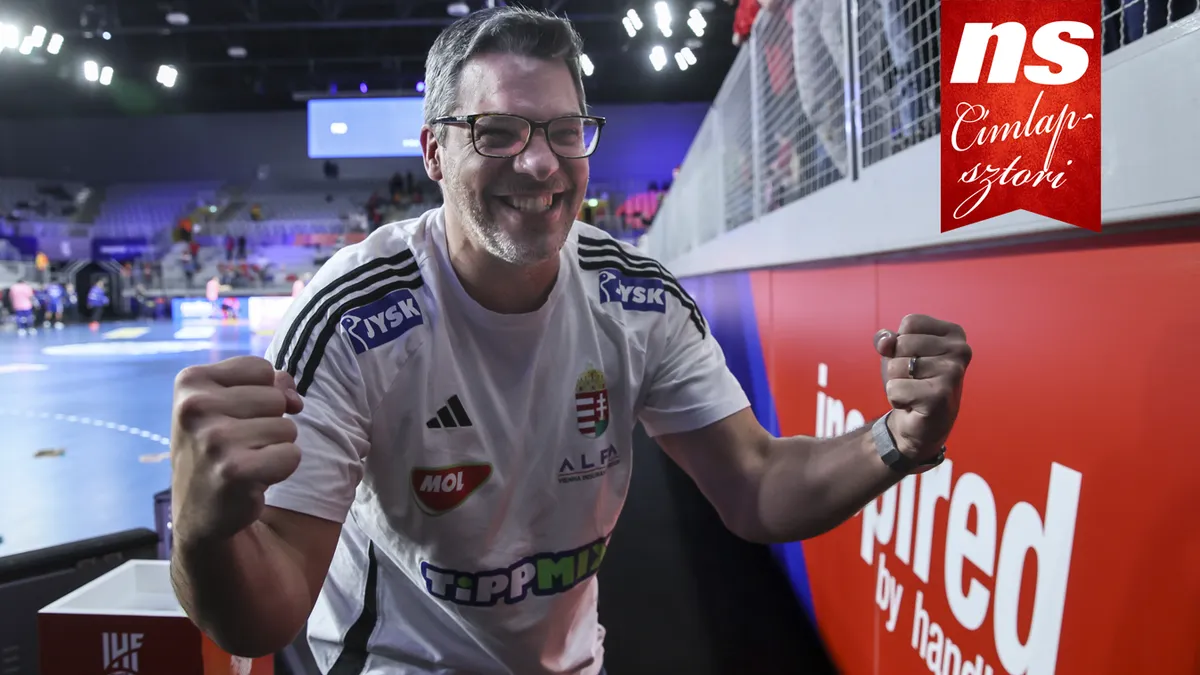
Chema Rodríguez: Óriási dolog, hogy sorozatban harmadszor ott vagyunk a nyolc között
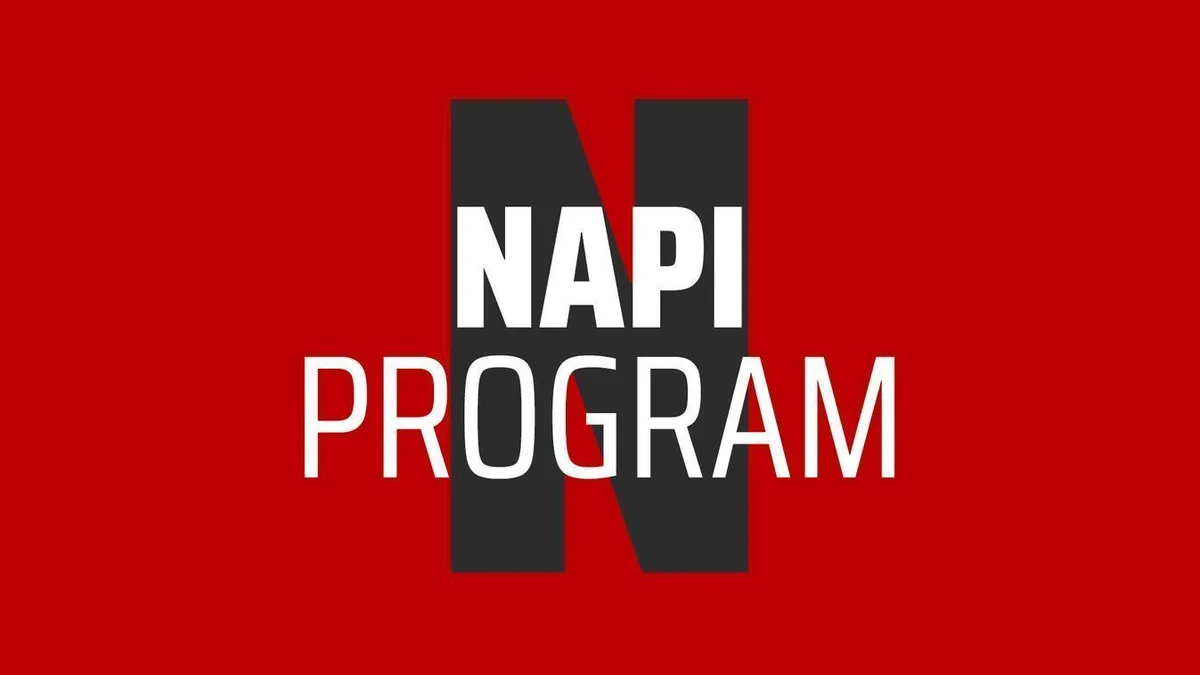
Hétfői sportműsor: olasz, spanyol és angol futball, magyar futsal
